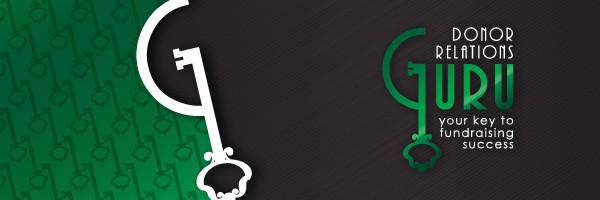Yesterday, UCLA gave $425,000 back to a donor. Some of you
may be surprised; I applaud them. Here is the story:
This is the best of us. This is the other side of
stewardship. It is protecting our organization from donors who do not have the
best intentions. In this light, I ask you, does your organization have a
morality clause in its gift agreements? If you don’t I worry for you. Take it from
the “Olivia Pope” of fundraising; I’m often called in by organizations to help
them fix the messes. One simple clause would have helped them avoid this.
Having a gift acceptance committee can also help avoid accepting gifts from
those with questionable funding sources or backgrounds.
Did you know that at some universities there once was a
Kenneth Lay Chair of Ethical Business?
Would you accept a gift from someone who made their money
from blood diamonds? From international slavery? From illegitimate business
practices? It’s no longer safe to think this won’t happen to you. The names
Madoff, Petters, Lay and others have become common embarrassments for
organizations and there are other names you probably have never heard of.
Yes, this is important to us and should be. We’re not the
morality police, but we must protect our organizations from undue risk. Most
nonprofits depend on public goodwill to attract donors. Close association with
someone whose name has been badly tarnished can taint the nonprofit’s
reputation and harm its ability to attract support.
Here is some sample language to have reviewed by your
general counsel and then have in place in your gift agreements:
“If at any time the donor or his or her name may compromise
the public trust or the reputation of the institution, including acts of moral
turpitude, the institution with the approval of the board of trustees has the
right to remove the name or return the gift.”
Please heed my advice; it is much easier to do something up
front, than take retroactive action. What are your thoughts on the issue of
morality and donations? I look forward to a debate on the topic, not a debate
on the person or persons involved in the stories, please.
Cheers,
Lynne
